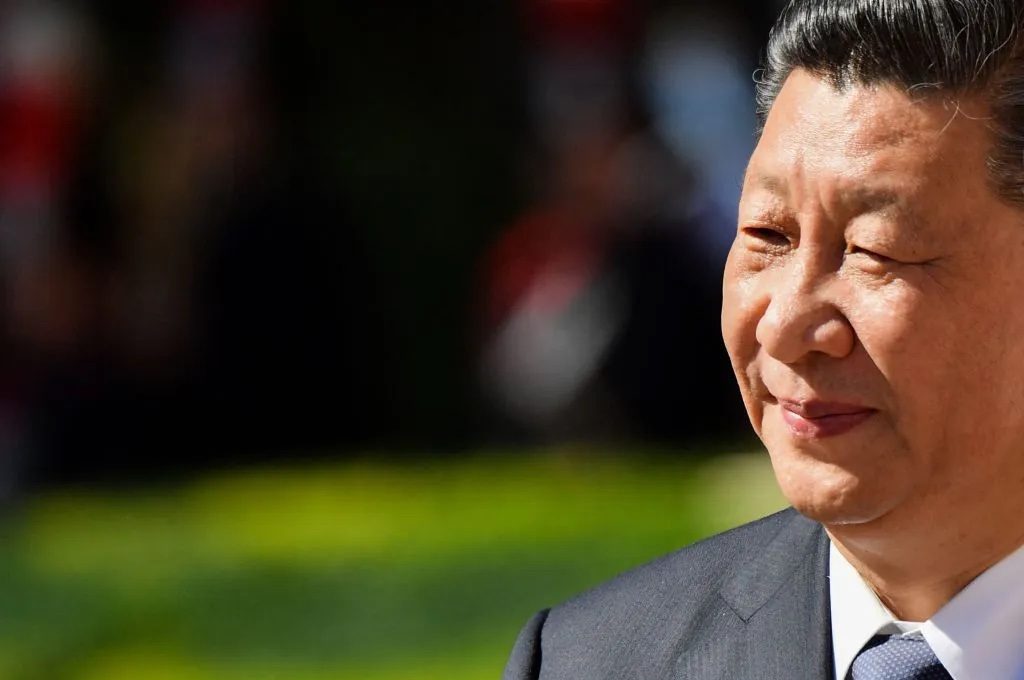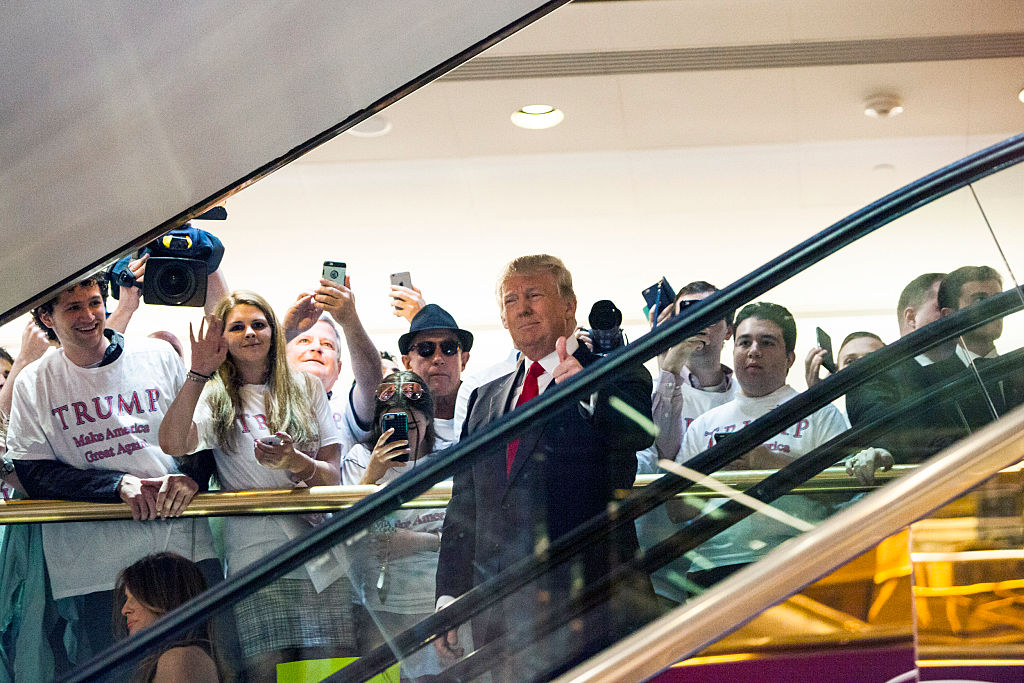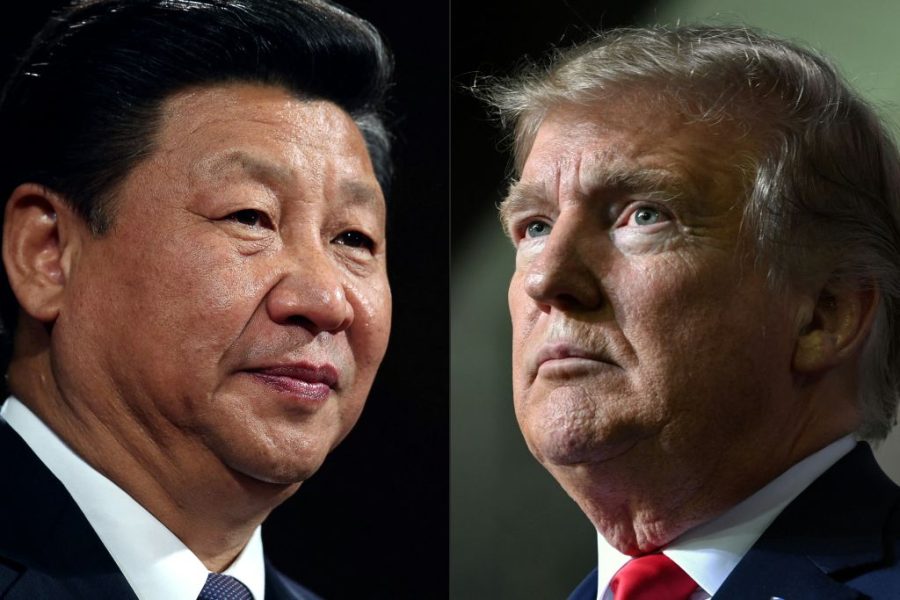For some time now the world has being growing increasingly wary of China’s Belt and Road Initiative (BRI), but rarely has any member of the scheme launched a broadside quite like that of Italy’s defense minister, Guido Crosetto, who described his country’s decision to join as “improvised and atrocious.” In an interview over the weekend, he said that the BRI had brought little benefit to Italy and one of the most pressing questions his government now faced was how best to escape its clutches.
The BRI is often described as an international infrastructure project, through which the world will be blessed with Chinese-built roads, railways, ports and power stations. In reality it lacks any real coherence and is better understood as a multi-billion dollar tool for Beijing’s broader economic and geopolitical goals, an umbrella under which all manner of projects are grouped. Much of the criticism rests on the huge and unpayable debts it is creating, the leverage it gives Beijing and its lack of transparency. In the case of Italy, Crosetto’s main criticism is that it has simply failed to deliver. He told the Corriere della Sera newspaper that Beijing was the only winner, since exports to Italy had surged, while there was little impact on goods going the other way.
Italy joined the BRI in 2019, under the government of Giuseppe Conte. The agreement was signed during a high-profile visit to Rome by President Xi Jinping, during which Xi was fawned over and feted. Opera singer Andrea Bocelli performed at a state dinner for Xi and his wife hosted by Italian president Sergio Mattarella. Italy became the first G7 country and the largest economy to join the BRI, which was seen at the time as a major diplomatic breakthrough by Beijing. Italy faced strong criticism from the United States and European Union, which saw the scheme as a Trojan horse for the Chinese Communist Party to press its interests and influence.
Italy now has until December to give formal notice of withdrawal, otherwise it automatically renews in March next year. Prime Minister Giorgia Meloni has also suggested she wants to leave, triggering threats from China, for whom the loss of Italy would be a serious diplomatic blow. Beijing said quitting the BRI would damage Italy’s credibility and reputation. Chinese officials have been frantically lobbying and meeting with Italian politicians and business leaders, a factor that might well have contributed to Crosetto’s outburst over the weekend.
In his interview, Crosetto said Italy needed to work out how to get out of the deal without damaging relations with China, a feat that would appear to be something of a challenge. He also said he was concerned about Beijing’s “increasingly assertive attitudes” and its ambition to build the world’s largest military. “They don’t hide their goals, they make them explicit,” he said.
Italian attitudes towards China soured markedly during the Covid-19 pandemic. A report by Italy’s parliamentary security committee revealed that Italy had been the target of CCP disinformation and conspiracy theories, including a claim that the virus had originated in Italy. The CCP used bots and fake social media accounts to take credit for help with masks and assistance that had been provided by others. A video, posted by Chinese officials, apparently showing grateful Italians on their balconies and in the street applauding the Chinese national anthem, turned out to have been doctored. Much of the footage was lifted from news reports of applause for medical workers, and was underlaid with the anthem and repeated audio of a man shouting “Grazie Cina!”
The BRI has grown to encompass 13,427 projects across 165 countries, according to AidData, a research group. The CCP has traditionally felt more comfortable dealing with thugs and kleptocrats, but Italy’s departure would be a blow to the BRI and to Beijing’s prestige. The scheme is already coming under heavy strain, with China cutting back on loans and struggling to deal with soaring debt. Both Russia and China have in the past found Italy a pliable economic partner. The CCP is now mobilizing its diplomats and sympathizers in an effort to keep it that way, but might be about to discover that now even Italy has had enough.
This article was originally published on The Spectator’s UK website.

























